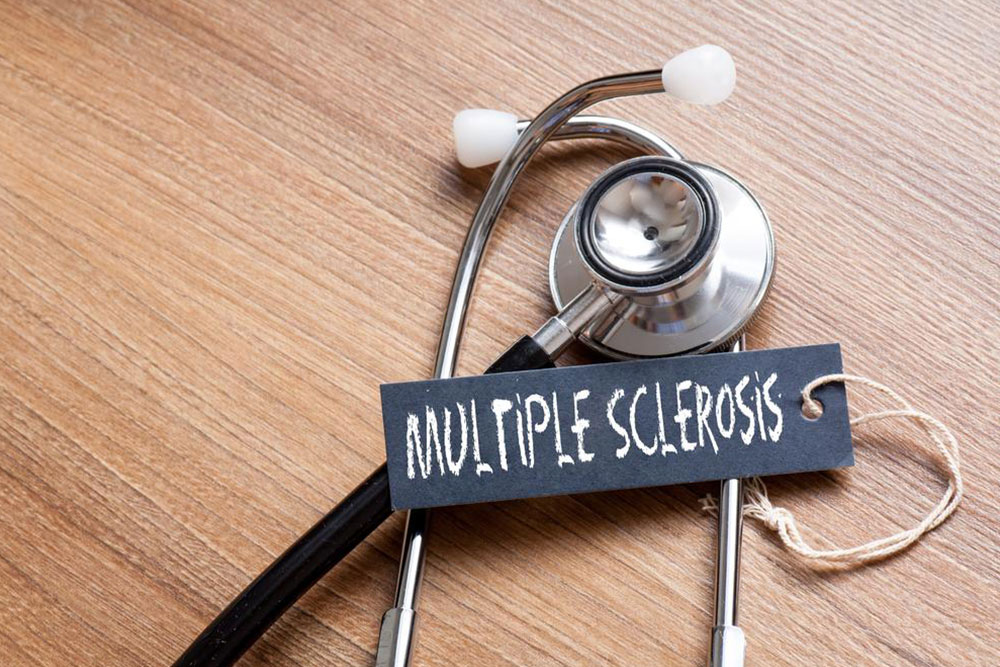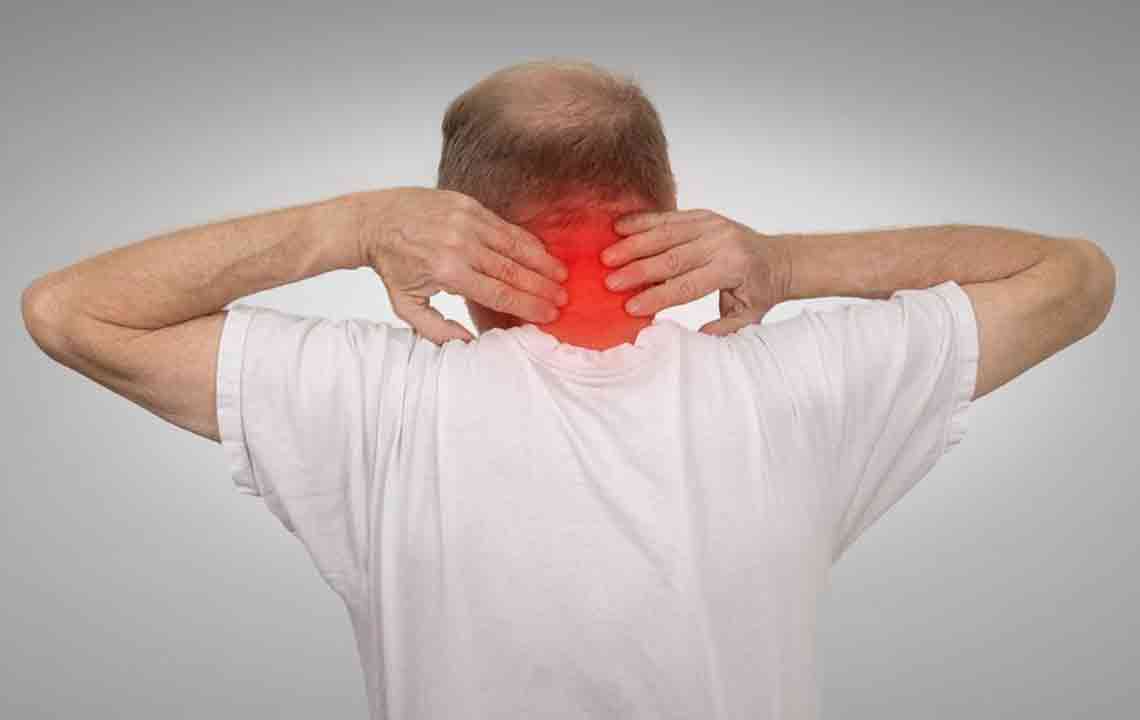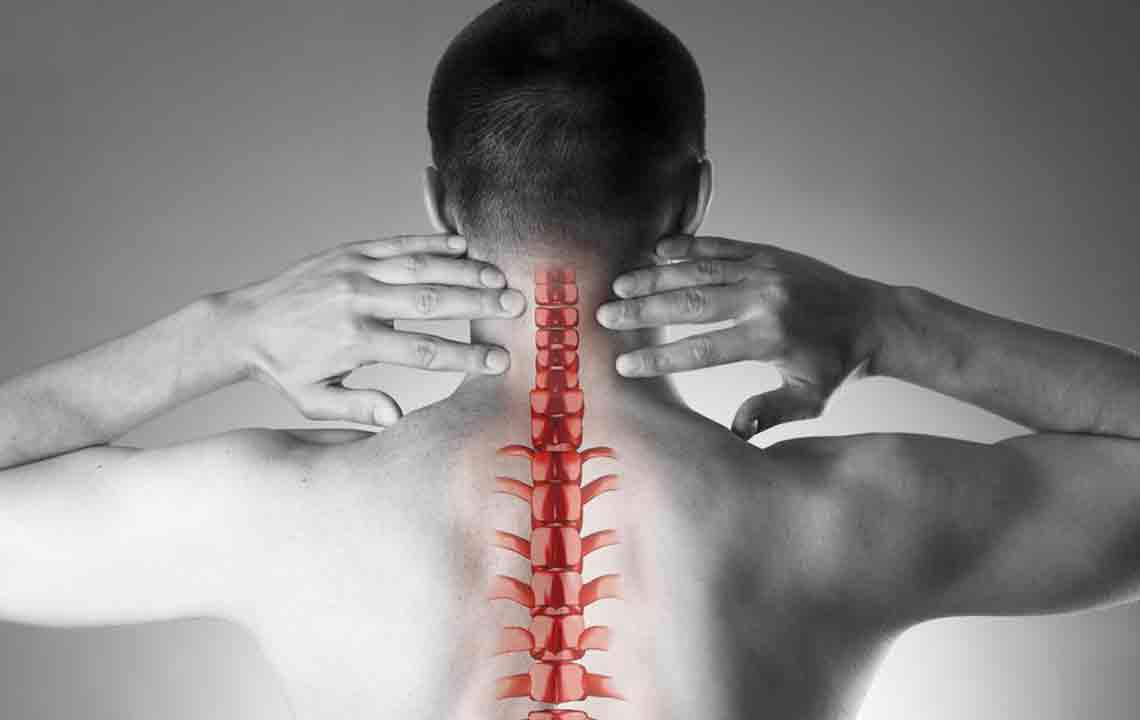Diagnosing Spinal Canal Narrowing: Key Methods and Indicators
This article details how spinal stenosis is diagnosed, including symptoms, causes, and medical procedures such as X-rays and MRI. It emphasizes that while there is no permanent cure, treatments can alleviate symptoms. The piece also lists top hospitals in the US specializing in spinal conditions. Awareness of diagnosis methods and treatment options is essential for effective management of spinal canal narrowing, helping patients seek timely and appropriate care.

Diagnosing Spinal Canal Narrowing
Spinal stenosis refers to the narrowing of the spinal canal, which can cause discomfort and other health issues. Types include:
cervical spinal stenosis
lumbar spinal stenosis
thoracic spinal stenosis
congenital spinal stenosis
Signs and Symptoms
Symptoms vary but typically involve pain in the lower back or neck. Common signs include:
Sciatica: Shooting pain down the legs.
Foot drop: Difficulties lifting the front part of the foot.
Walking or standing troubles: Pain and instability.
Impact on bladder or bowel control may occur if nerve compression worsens.
Underlying Causes
Arthritis, multiple sclerosis, cartilage degeneration, and bone overgrowth are primary causes. Other contributors include:
Herniated discs: Pressure on nerves.
Spinal injuries: Fractures damaging the spine.
Tumors: Abnormal growths.
Paget’s disease: Bone changes affecting the spinal canal.
Diagnostic Procedures
Doctors perform thorough examinations and order tests such as:
X-rays: Detect bone modifications in the spine.
MRI: Offers detailed cross-sectional images of the spine.
CT scans and myelograms: Use contrast dye to highlight abnormalities.
Management Options
While no permanent cure exists, treatments aim to reduce symptoms. Medications like anti-inflammatories can help manage pain and swelling.
Spinal Stenosis Treatment Centers in the US:
Arkansas Surgical Hospital
Aultman Hospital
Forsyth Medical Center
Fort Walton Beach
Forrest General Hospital
Emory University Orthopaedics & Spine Hospital
Einstein Medical Center
Duke University Hospital
Doctors Hospital of Sarasota
Important Notice:
The information provided about symptoms, diagnosis, and treatment is for educational purposes only. Always consult qualified healthcare professionals for medical advice or treatment options. The content is not intended to replace professional medical guidance.










